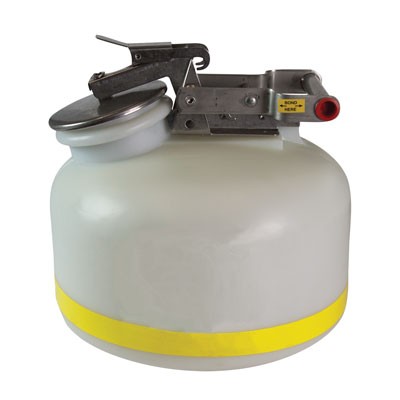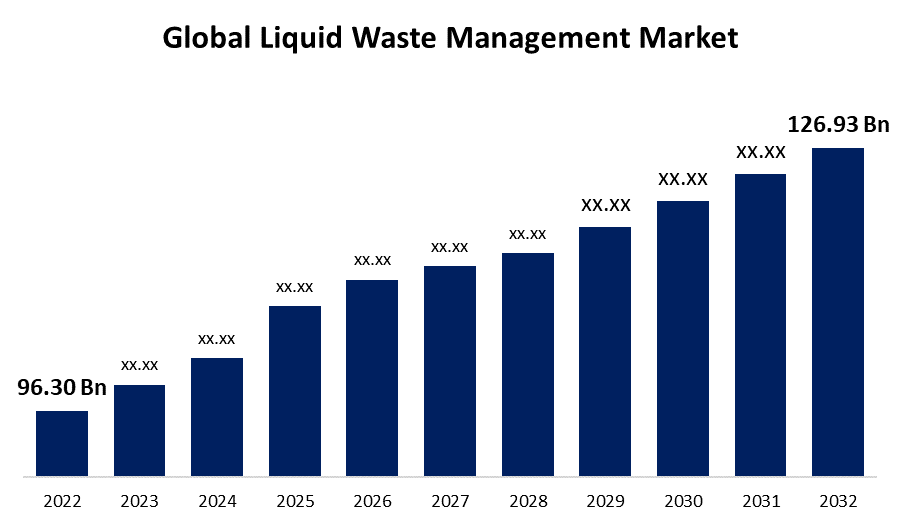Professional Liquid Waste Removal Melbourne: Maintaining Your Setting Tidy
Recognizing the Comprehensive Refine of Fluid Garbage Disposal: Ideal Practices and Environmental Influence Factors To Consider
The management of liquid waste disposal is a complex problem that calls for a detailed understanding of numerous ideal techniques and their linked environmental impacts. From the types of liquid waste generated to the approaches utilized for collection, therapy, and last disposal, each step plays a critical function in securing ecosystems and public health.
Kinds of Fluid Waste
Recognizing the different kinds of fluid waste is essential for reliable administration and disposal techniques. Fluid waste can be generally classified right into a number of kinds, each calling for special handling and therapy approaches.
Industrial liquid waste often includes dangerous products, including heavy steels, solvents, and chemicals, produced throughout producing processes. These wastes demand stringent regulatory conformity to protect human health and the atmosphere. Domestic liquid waste mostly refers to wastewater produced from houses, consisting of sewage and greywater, which, although less poisonous, can still posture substantial threats if incorrectly managed.
Agricultural fluid waste, including overflow from ranches, typically consists of plant foods and chemicals that can bring about ecological deterioration if not dealt with properly. Medical liquid waste, created from medical care centers, consists of infected liquids such as bodily liquids and chemicals, needing specialized disposal techniques to stop infection and environmental contamination.
Finally, oil and grease waste, normally generated by restaurants and automotive sectors, can trigger extreme clogs in sewage system systems if not managed correctly. Comprehending these categories facilitates targeted techniques for therapy, compliance with policies, and reliable disposal techniques, ultimately promoting ecological sustainability and public wellness safety and security.

Collection Methods
Efficient collection methods are essential for the proper management of liquid waste, making sure that it is collected securely and effectively before treatment or disposal. Different techniques are employed relying on the sort of liquid waste produced, the volume, and the certain features of the waste.
One common approach is making use of committed collection containers or sumps, which are created to capture liquid waste at the source. These systems usually incorporate pumps that promote the transfer of waste to bigger storage containers or treatment facilities. In addition, mobile collection units furnished with vacuum technology are used in situations where waste is produced intermittently or in hard-to-reach places.
For industrial setups, closed-loop systems can successfully minimize leakages and spills, permitting the recuperation and reuse of liquid waste. It is likewise important to train workers on appropriate collection procedures to mitigate risks related to dangerous compounds.
Furthermore, applying normal upkeep timetables for collection tools ensures optimal performance and safety and security. The integration of innovative tracking systems can boost collection efficiency by supplying real-time data on waste degrees and prospective risks. Overall, effective collection approaches are foundational to sustainable fluid waste management techniques.
Treatment Procedures
Therapy procedures play a vital role in the management of fluid waste, transforming possibly unsafe products right into multiple-use sources or risk-free effluents - liquid waste disposal. These procedures can be generally classified into physical, chemical, and biological techniques, each tailored to address particular contaminants present in the waste stream
Physical therapy techniques, such as sedimentation and filtering, job by getting rid of put on hold solids and particulate issue. These strategies are commonly the initial step in the therapy chain, effectively decreasing the load on succeeding procedures. Chemical therapies entail making use of reagents to counteract hazardous compounds, speed up hefty steels, or oxidize organic pollutants, therefore improving the safety of the effluent.
Biological treatment procedures, consisting of turned on sludge systems and anaerobic food digestion, take advantage of the natural capabilities of microbes to break down raw material. These methods are specifically effective for wastewater including biodegradable contaminants. Advanced therapy innovations, such as membrane layer filtration and progressed oxidation procedures, are increasingly utilized to achieve greater levels of purification.
Integrating a mix of these therapy techniques not just ensures compliance with governing standards but likewise advertises ecological sustainability by recouping useful sources from fluid waste.
Disposal Options
How can organizations ensure the secure and liable disposal of fluid waste? Effective disposal options are vital for guarding public health and the environment. The main approaches consist of land disposal, therapy, and incineration adhered to by discharge right into municipal wastewater systems.
Land disposal involves the mindful control of fluid waste in marked land fills, ensuring that it does not seep right into surrounding dirt or water. Incineration, on the various other hand, subjects fluid waste to high temperatures, converting it into ash and gases, which need appropriate purification to decrease exhausts. This approach appropriates for dangerous wastes that can not be dealt with with conventional means.
In cases where fluid waste can be dealt with, companies may choose chemical or organic treatment processes to neutralize harmful parts before discharging the treated effluent right into municipal systems. This path normally straightens with regulatory needs, guaranteeing that the effluent meets safety and security criteria.
Inevitably, organizations have to carry out extensive analyses of each disposal alternative to identify its stability, thinking about factors such as waste make-up, governing compliance, and potential risks to wellness and the atmosphere. By choosing ideal disposal techniques, businesses can contribute to an accountable waste administration method.
Environmental Effect
The ecological effect of liquid waste disposal is a vital factor to consider for companies seeking to minimize their ecological footprint. Additionally, the discharge of untreated or inadequately dealt with waste right into surface waters can result in eutrophication, leading to oxygen exhaustion and the subsequent death this hyperlink of fish and various other microorganisms.

To mitigate these influences, companies have to take on ideal practices such as applying rigorous waste treatment processes, promoting recycling and reuse, and sticking to regulatory standards. By taking a positive approach to liquid waste monitoring, entities can dramatically reduce their environmental footprint while sustaining lasting advancement objectives. Ultimately, an why not find out more extensive understanding of the environmental impacts connected with fluid garbage disposal is crucial for educated decision-making and responsible stewardship of natural deposits.
Verdict
Effective administration of fluid waste is important for safeguarding environmental stability and public wellness. Ultimately, an extensive understanding of fluid waste disposal not only reduces ecological influences yet also promotes a commitment to accountable source monitoring and environmental stewardship.
The management of liquid waste disposal is a diverse problem that needs a detailed understanding of numerous best techniques and their linked environmental impacts. From the kinds of liquid waste generated to the approaches employed for collection, treatment, and final disposal, each step plays an important role in protecting ecosystems and public health.The ecological impact of liquid waste disposal is a vital factor to consider for organizations looking for to minimize their ecological impact. Ultimately, a thorough understanding of the ecological influences linked with fluid waste disposal is necessary for educated decision-making and liable stewardship of natural resources.
Inevitably, a detailed understanding of fluid waste disposal not just minimizes ecological influences however additionally cultivates a commitment to liable resource monitoring and find more environmental stewardship.